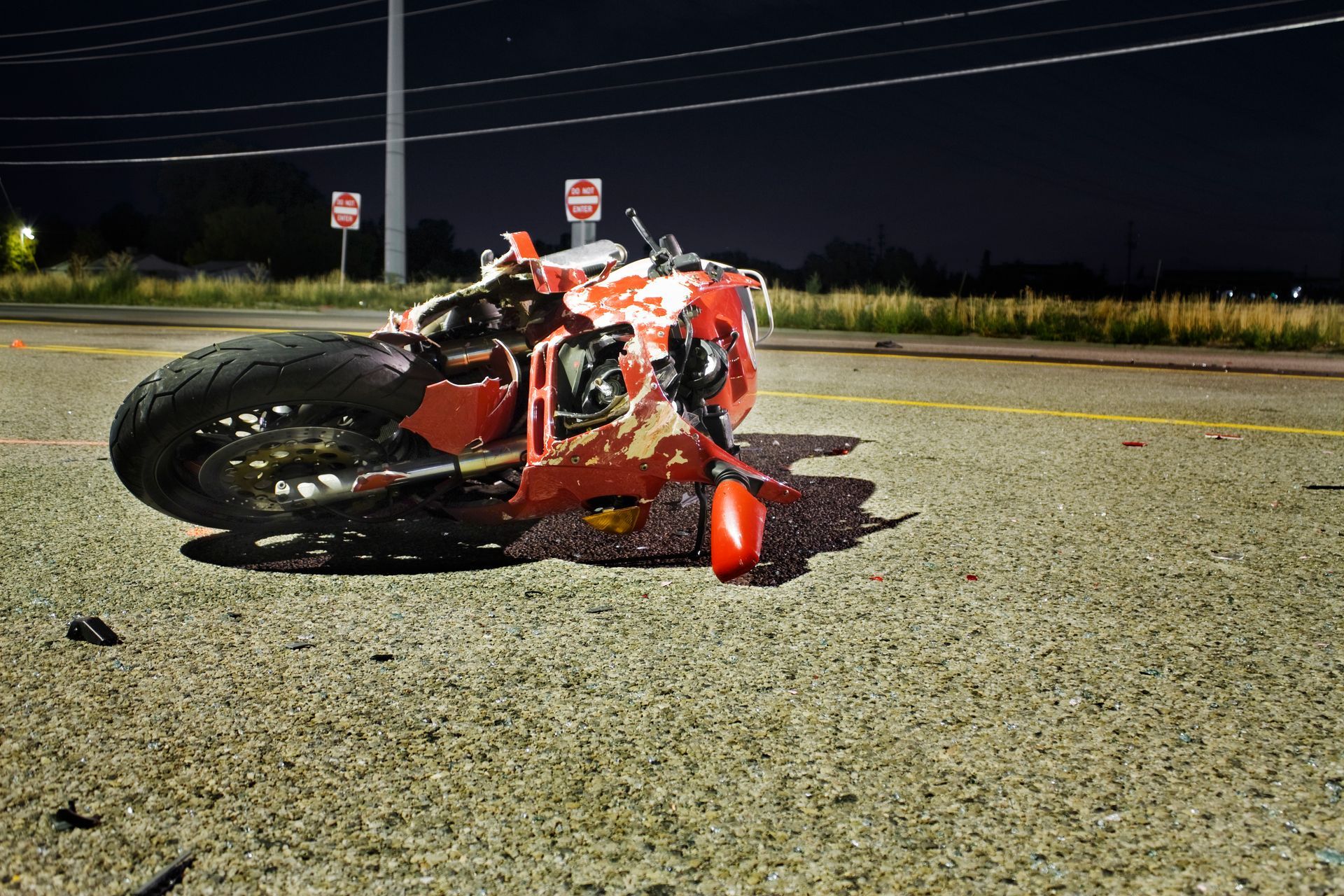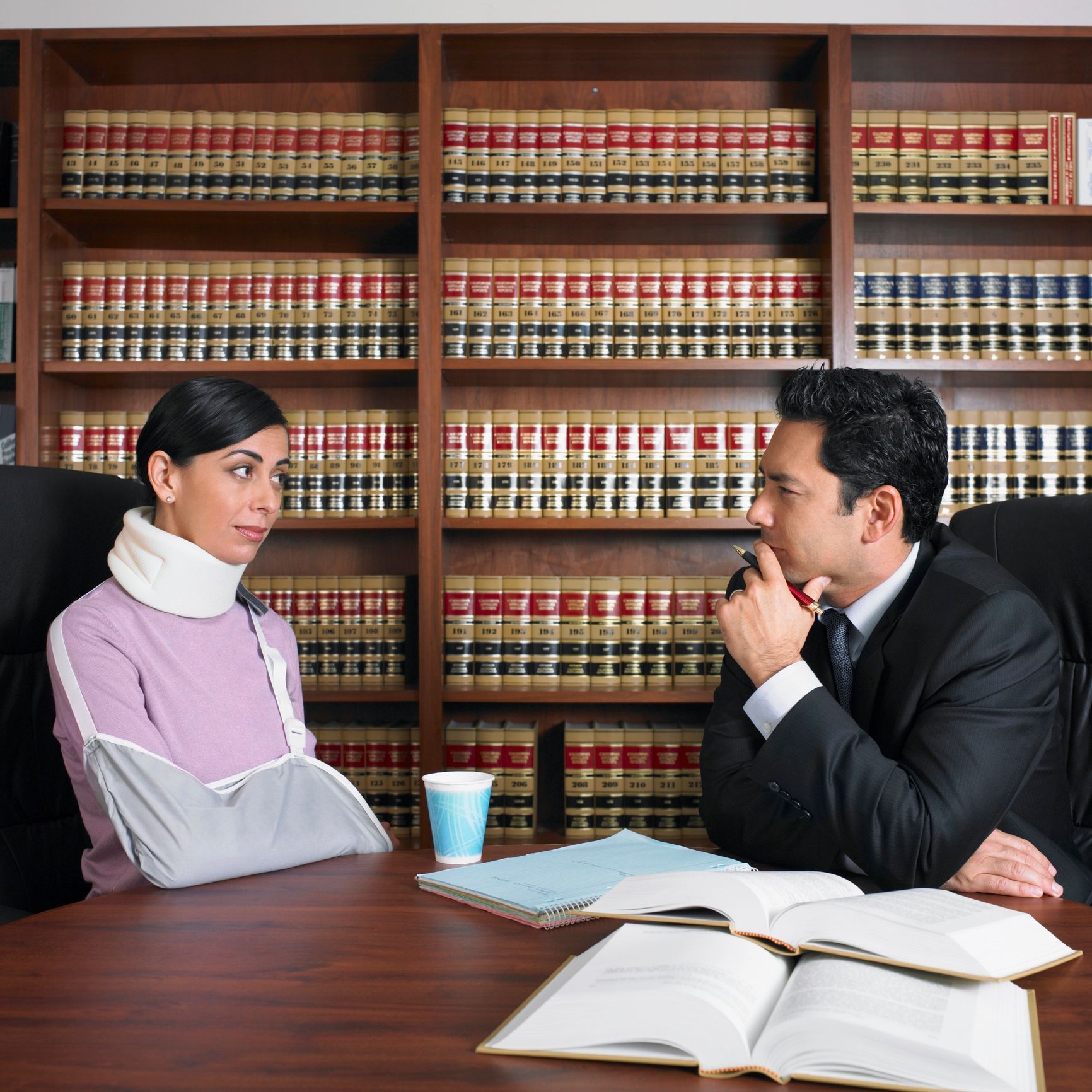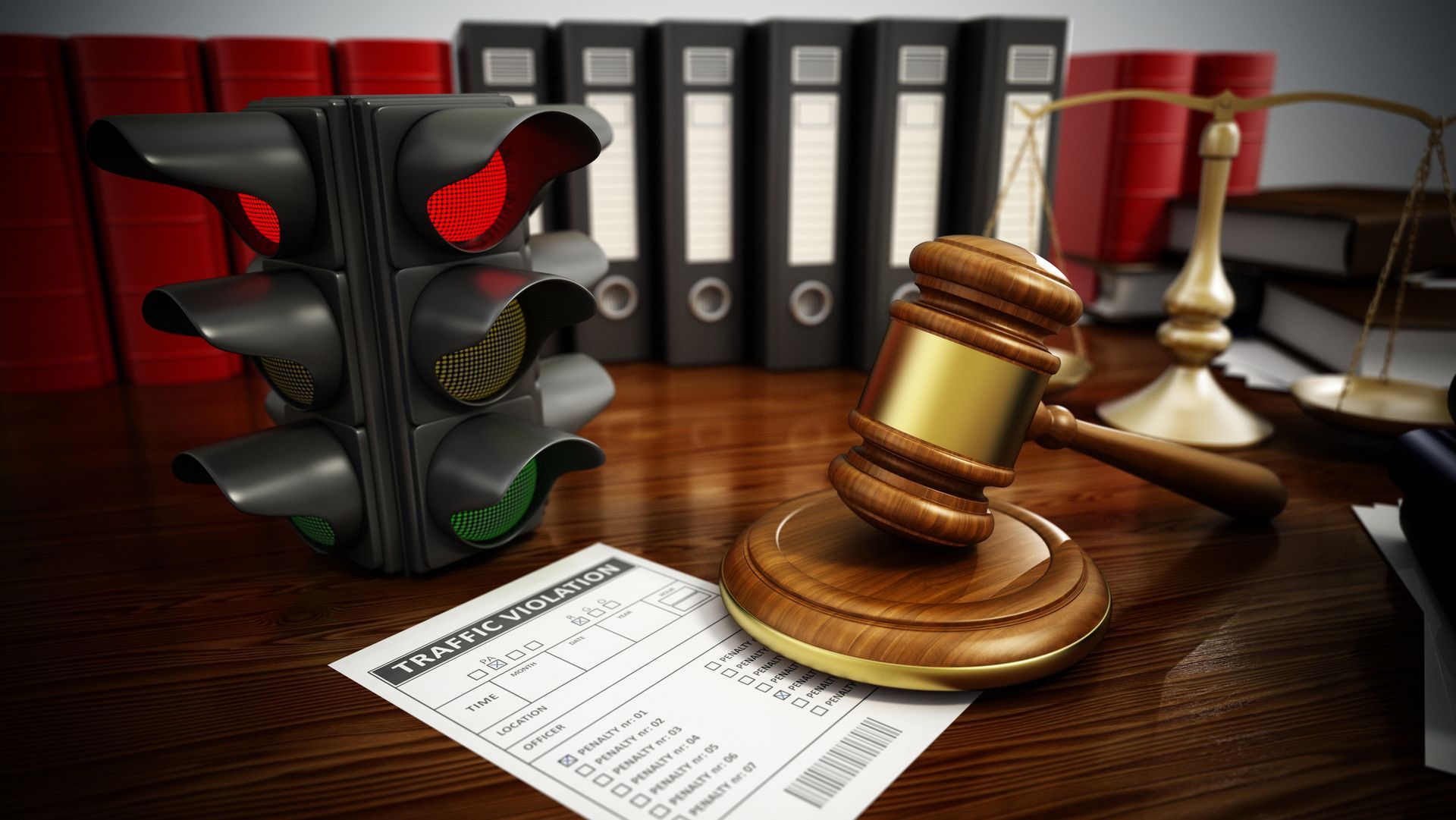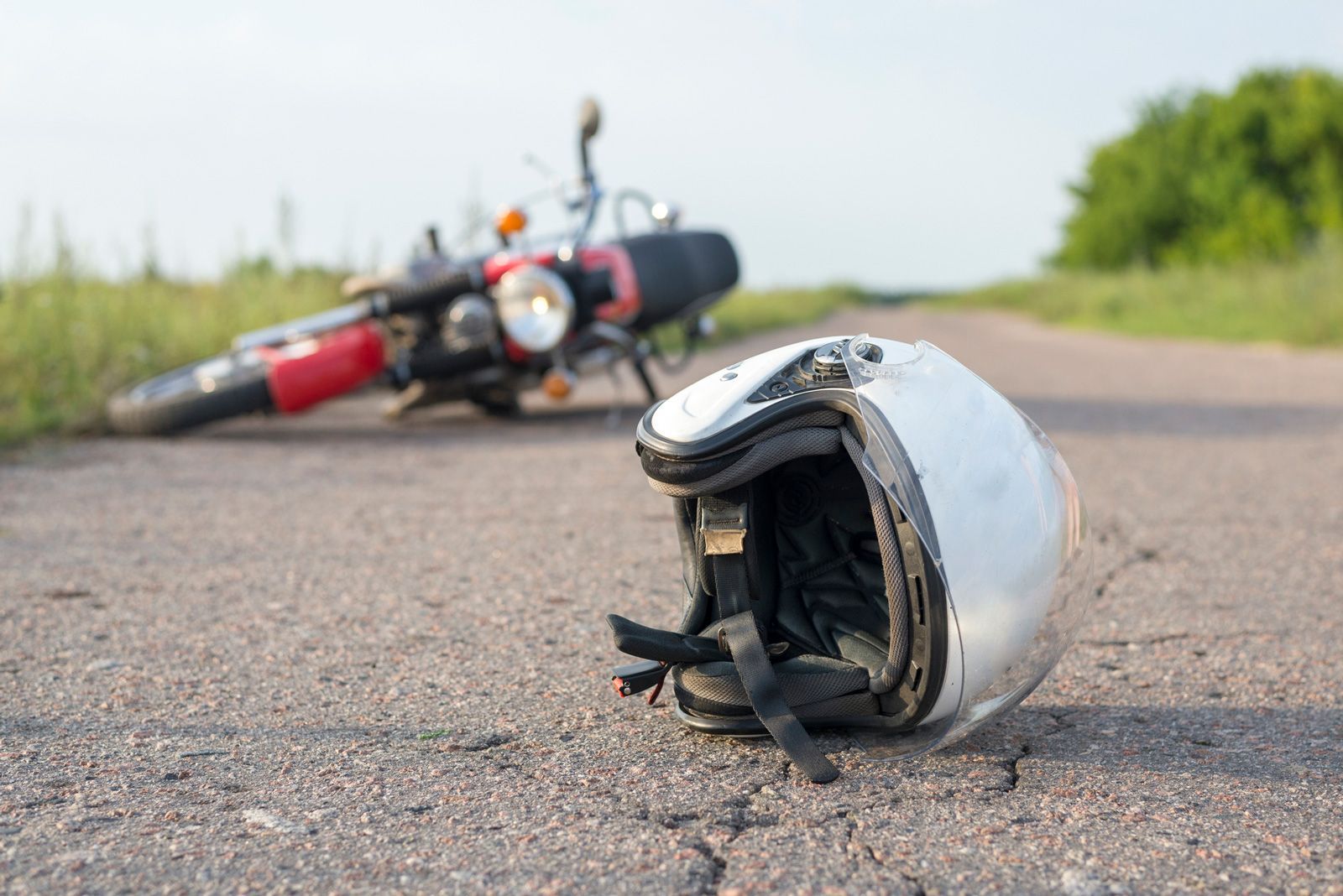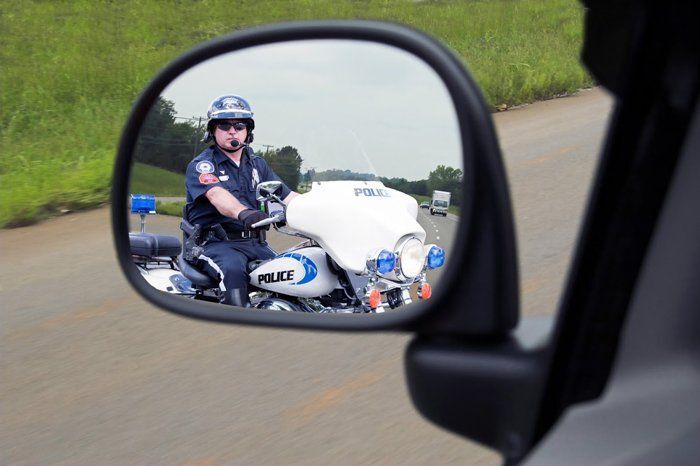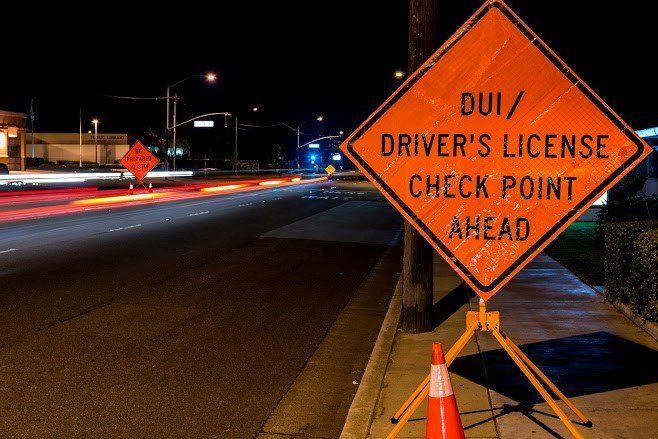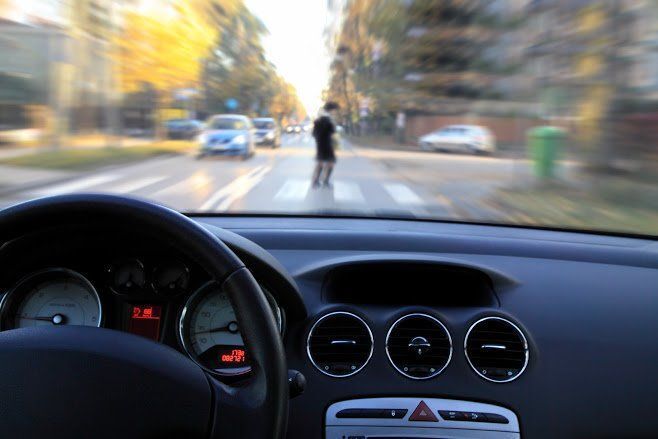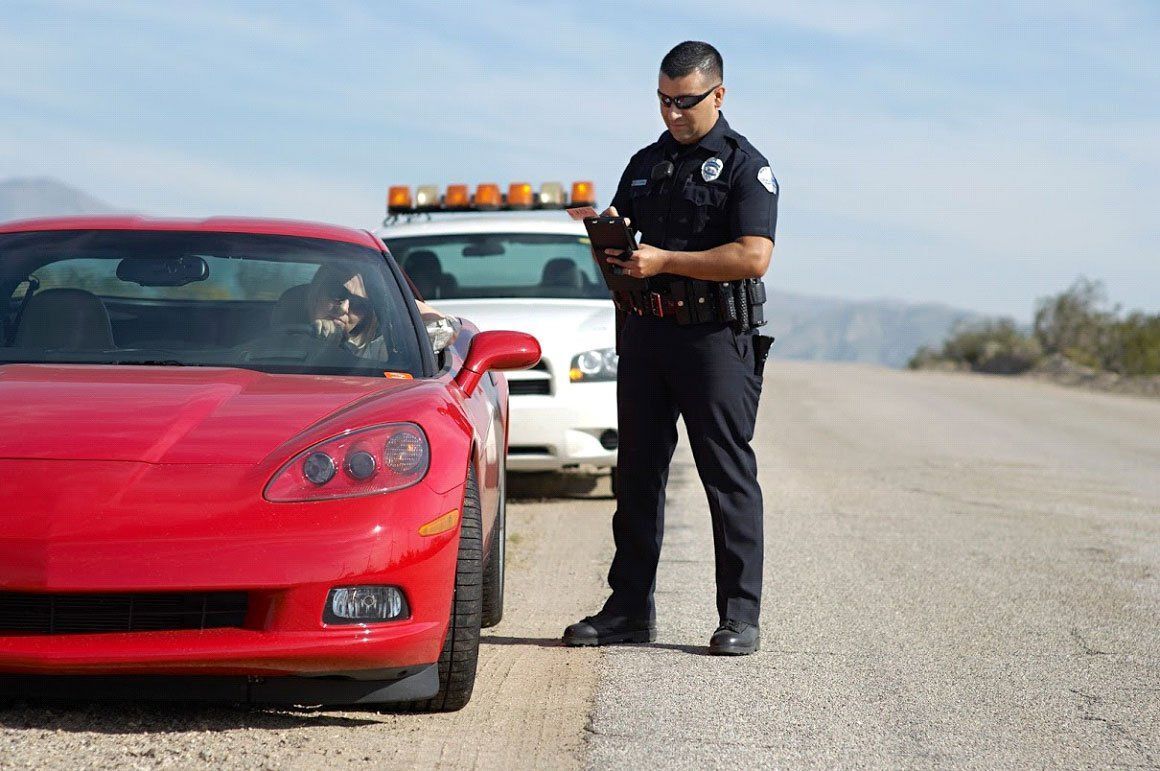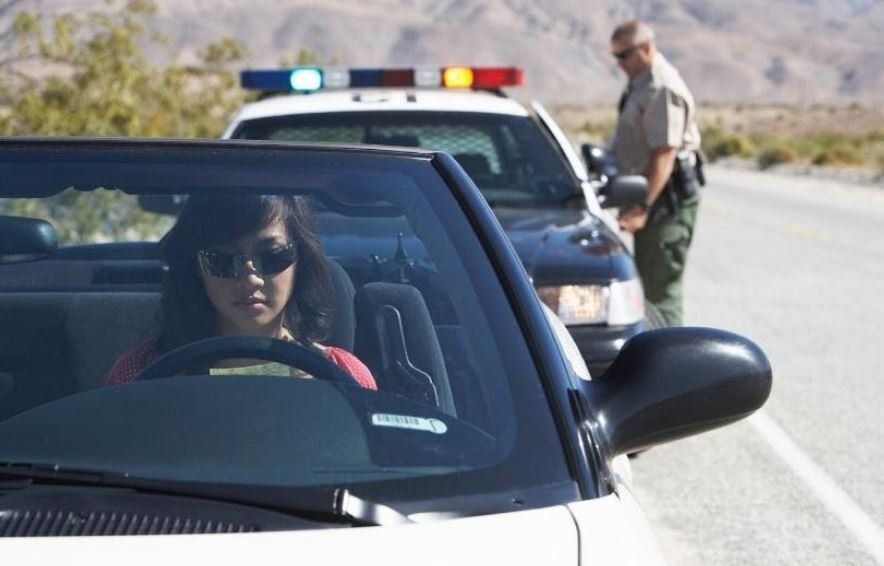
A failed breathalyzer or blood alcohol test makes it easy for police to prove a driver was too intoxicated to operate a vehicle. However, drivers should not think that this type of proof is the only evidence law enforcement can use. Even drivers who pass a breathalyzer test could still face DUI charges. Here are examples of other evidence used to prove DUI.
Tests at Station
An officer that arrests someone for DUI even after they pass a breathalyzer test may want a blood alcohol test performed. Drivers could still face charges even if they pass this test too. An officer may argue that someone just under the legal limit delayed the test too long and their blood alcohol level dropped during the wait.
Another argument is that the test took place too soon. They may believe the driver had recently consumed the alcohol, and the test could not show the full amount of alcohol in their system. Drivers should not become overconfident after any passed DUI test. The police officer will use a variety of evidence to prove their belief of intoxication.
Footage From Cameras
Video evidence from an officer's body cam or surveillance cameras at traffic lights and on private buildings may become evidence in a DUI case. The prosecution may claim the video shows erratic driving or unusual behavior by the defendant. The evidence may seem obvious to the officer, but drivers often have explanations.
Unusual behavior during a stop can include nervousness, making strange statements, or acting too happy. These actions may apply to someone under the influence, but they could also happen when someone is genuinely nervous. The flashing lights of a police car during an unexpected stop can easily overwhelm a typically careful driver.
Descriptions of erratic driving can also have many explanations other than alcohol or drugs. A bee entering the vehicle, something blowing or someone running out in front of the car, or even a sneezing fit can make a driver seem less in control. Even if embarrassed about the genuine reason for the actions, anyone accused of DUI needs to admit what happened.
Tests for Sobriety
A field sobriety test gives officers another way to decide if someone should not drive. The tests performed often rely on balance and an ability to follow directions. Balance issues and nervousness make the tests less than accurate for many people.
Physical impairments of any type, even excess weight, can lead to a failure to perform the test properly. Inner ear issues and back or leg injuries can throw people off balance. Seniors often have age-related health issues or balance problems because of the side effects of medication. A defendant should offer proof of how the field test proved nothing.
Search of Vehicle
A police officer may search a vehicle if they feel suspicious about the behavior of the driver or their failure to pass a sobriety test. Any empty or open container may seem like proof. The law typically considers an open container as one with a broken seal and at least partially consumed and accessible to the driver.
Open container laws can mean a ticket or a citation, but they do not prove intoxication. The container may belong to another person in the car. The driver may own the container but avoided drinking the contents that day. Or, they may have consumed some but not enough to make them unable to drive.
Drivers should stay quiet but cooperative during a DUI stop. Make sure to inform the officers of health issues, medication, or physical disabilities that could affect a field sobriety test, and if you are charged with DUI, contact an attorney to discuss your defense options. At Tolbert & Tolbert, LLP, we understand that things are not always as they seem. Contact us today.

